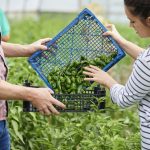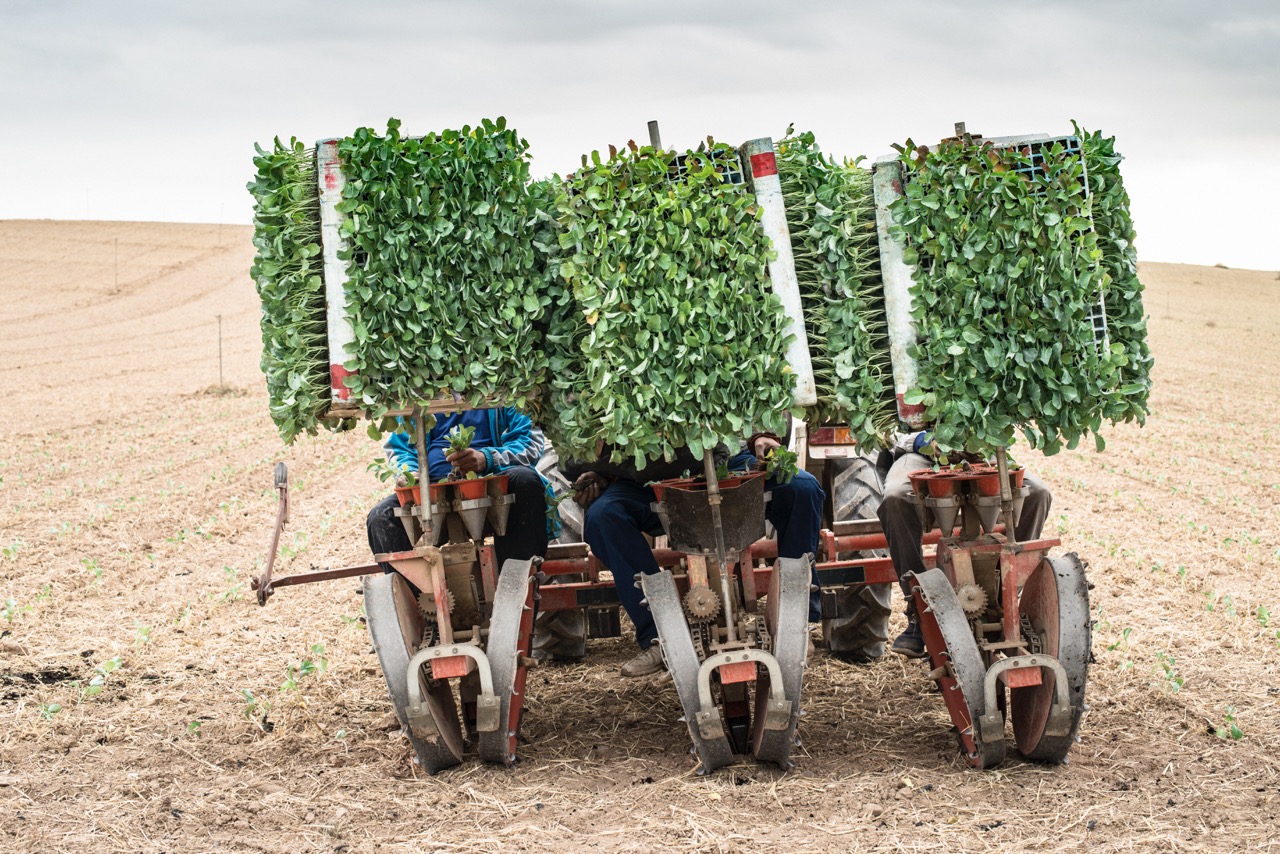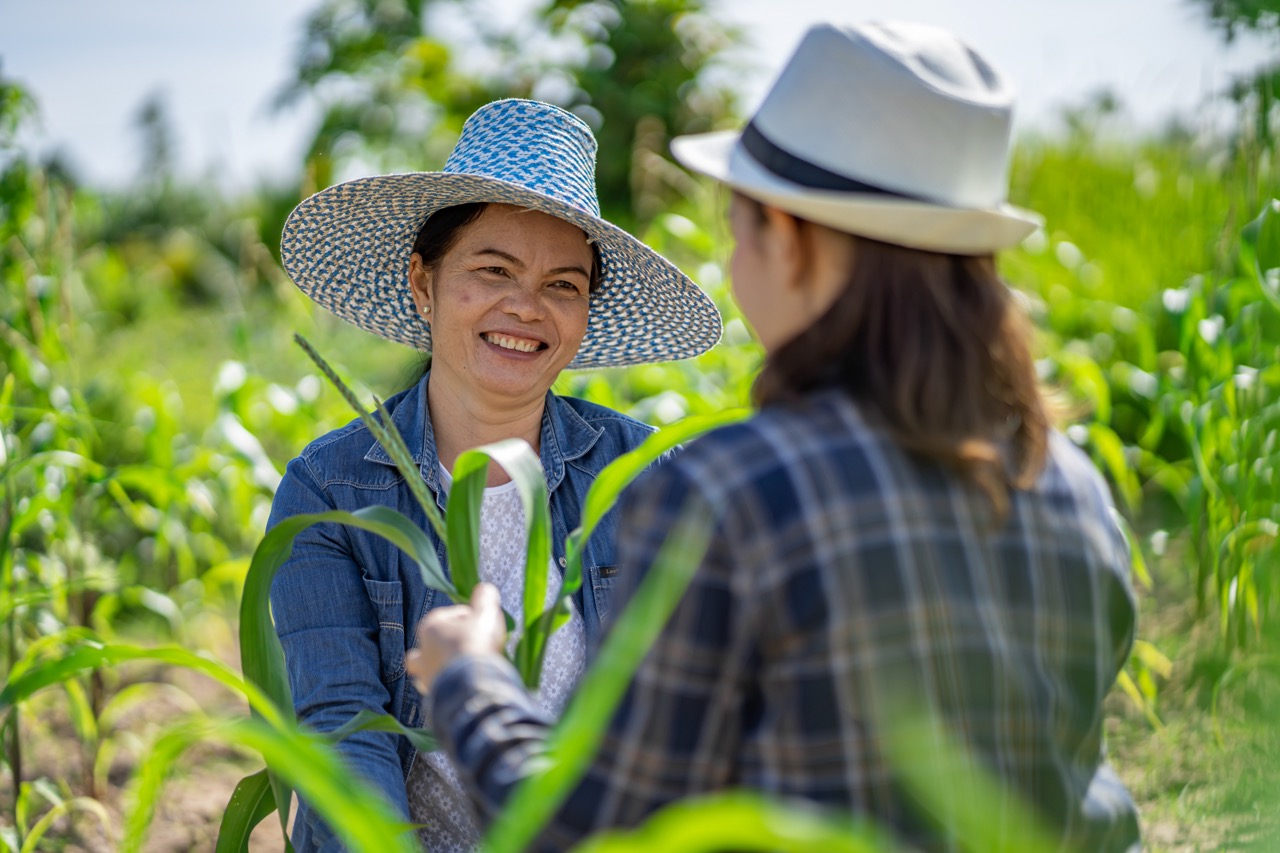Sharecropping, a historic agricultural practice, has faced criticism and challenges over the years due to its roots in exploitation and inequality. However, as the world grapples with modern agricultural challenges such as climate change, food security, and economic disparity, there is a growing need to rethink and adapt this system. By integrating contemporary technologies, establishing fair financial models, and building resilience against environmental shifts, sharecropping can evolve into a sustainable farming practice that benefits both landowners and agricultural workers alike.
Rethinking Sharecropping: A Path to Sustainable Farming
To successfully adapt sharecropping to modern agricultural challenges, a fundamental reevaluation of its structure is necessary. Traditional sharecropping often left laborers vulnerable to debt cycles and economic instability, a scenario exacerbated by fluctuating market conditions. By shifting the paradigm from exploitation to collaboration, stakeholders can foster a more equitable relationship that empowers farmers. This can be achieved through the establishment of cooperative models that prioritize mutual benefit and sustainability over short-term gains.
One promising approach involves transitioning sharecroppers into co-owners of the agricultural enterprise. By offering sharecroppers a stake in the land they cultivate, they become more invested in sustainable practices and long-term productivity. This model encourages innovation in farming techniques, as workers are motivated to implement environmentally-friendly practices that preserve the land for future generations. As a result, both productivity and soil health can improve, leading to a more sustainable agricultural system.
Furthermore, education and training programs tailored to sharecroppers can enhance their skills and promote sustainable farming practices. Providing access to resources such as workshops on organic farming, pest management, and crop diversification can empower sharecroppers. This investment in human capital not only strengthens local communities but also ensures that agricultural practices evolve in tandem with the challenges of modern farming.
Integrating Technology: Modern Tools for Sharecroppers
The integration of technology into sharecropping practices can revolutionize the agricultural landscape. Precision agriculture tools, such as drones and soil sensors, enable sharecroppers to assess crop health and soil conditions in real-time. These technologies assist in optimizing resource usage, minimizing waste, and maximizing yields. By equipping sharecroppers with these modern tools, they can make informed decisions that positively impact both their productivity and the environment.
Mobile applications designed specifically for agricultural workers can also enhance communication and data-sharing among sharecroppers and landowners. Platforms that facilitate knowledge exchange can empower farmers through shared insights on best practices, market trends, and crop prices. This collaboration can lead to better planning and more strategic resource allocation, ultimately increasing the profitability of shared crops.
Moreover, technology can play a pivotal role in connecting sharecroppers to broader markets. E-commerce platforms can provide farmers with direct access to consumers, reducing reliance on intermediaries and ensuring fairer prices for their products. By harnessing the power of technology, sharecroppers can not only increase their earnings but also contribute to more resilient and sustainable food systems.
Financial Models: Ensuring Fair Profit Sharing Today
Creating fair financial models is crucial for the success of modern sharecropping. Traditional arrangements often resulted in unequal profit sharing, with landowners reaping the majority of benefits. To address this issue, contemporary sharecropping agreements can incorporate transparent profit-sharing mechanisms. Establishing clear terms for revenue distribution, based on input costs and labor contributions, can foster trust and collaboration between landowners and sharecroppers.
Additionally, introducing flexible payment structures can help align the interests of both parties. For instance, profit-sharing based on crop performance can incentivize sharecroppers to adopt innovative farming methods and focus on quality, while also allowing landowners to benefit from the success of their crops. Such models can enhance the financial viability of sharecropping arrangements, ensuring that all stakeholders share in the risks and rewards of agricultural production.
Lastly, facilitating access to financial resources and credit for sharecroppers can significantly improve their economic stability. By partnering with microfinance institutions or cooperatives, sharecroppers can obtain the capital needed to invest in equipment, seeds, and sustainable practices. Empowering sharecroppers with financial tools not only promotes their independence but also contributes to the overall resilience of the agricultural sector.
Building Resilience: Adapting to Climate Change Impacts
Climate change poses an existential threat to agriculture, making it imperative for sharecroppers to build resilience against its impacts. Innovative cropping practices, such as intercropping and agroforestry, can enhance biodiversity and improve soil health, making farming systems more resilient to extreme weather events. By adopting these practices, sharecroppers can not only protect their livelihoods but also contribute to the sustainability of the agricultural ecosystem.
Moreover, developing community-based support networks can facilitate knowledge sharing on climate adaptation strategies. These networks can help sharecroppers collaborate on projects aimed at mitigating climate risks, such as building rainwater harvesting systems or implementing soil conservation techniques. By fostering a sense of community and collective action, sharecroppers can enhance their ability to respond to climate-related challenges.
In addition, investing in research and development for climate-resilient crops can provide sharecroppers with more options in the face of changing conditions. By focusing on the cultivation of drought-resistant and pest-resistant varieties, sharecroppers can safeguard their yields against unpredictable climatic events. Such proactive measures can significantly bolster the resilience of sharecropping systems, ensuring their viability in a rapidly changing world.
The future of sharecropping hinges on its ability to adapt and innovate in the face of modern agricultural challenges. By rethinking its structure, integrating technology, ensuring fair financial models, and building resilience against climate change, sharecropping can transform into a sustainable and equitable farming practice. This evolution not only benefits sharecroppers and landowners but also contributes to the overall health of the agricultural sector, paving the way for a more secure and sustainable food system for all.








